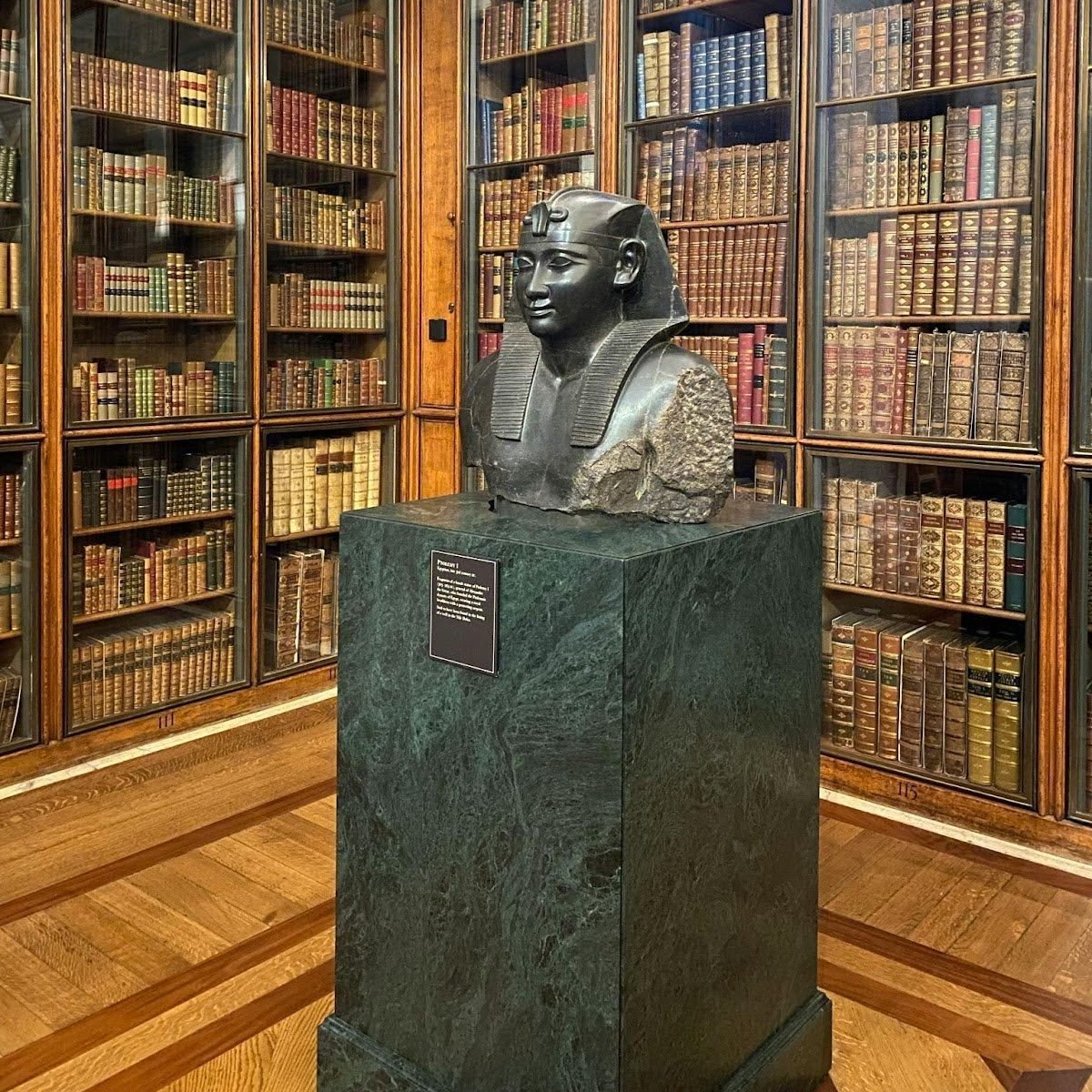
Exploring the Richness of Humanities: Art, Culture, and Philosophy
Humanities, often referred to as the study of human culture and experience, encompass a diverse array of disciplines that delve into the complexities of human thought, expression, and creativity. From literature and history to philosophy and art, humanities offer a profound exploration of what it means to be human. In this comprehensive guide, we embark on a journey through the vast landscape of humanities. Uncovering the richness of human expression and experience.
Understanding Humanities
1. Defining Humanities
Humanities encompass academic disciplines that focus on the study of human culture, history, literature, philosophy, and the arts. These disciplines explore the multifaceted dimensions of human experience, thought, and creativity. Seeking to understand the ways in which individuals and societies express themselves, interpret the world, and grapple with existential questions.
2. Interdisciplinary Nature
Humanities are inherently interdisciplinary, drawing upon insights and methodologies from various fields to examine the human experience from multiple perspectives. For example, literature may intersect with history to explore the socio-political context of literary works, while philosophy may inform artistic expression and ethical dilemmas. This interdisciplinary approach enriches our understanding of the complexities of human culture and society.
Exploring the Branches of Humanities
1. Literature

Literature is the study of written works, including novels, poetry, plays, and essays, that reflect the human experience and imagination. Literary scholars analyze themes, symbols, and literary devices to uncover deeper meanings and insights into human nature, society, and the human condition.
2. History
History is the study of the past, encompassing events, individuals, and societies from ancient civilizations to modern times. Historians examine primary sources, artifacts, and archival records to reconstruct narratives of the past. Exploring political, social, cultural, and economic developments and their impact on human societies.
3. Philosophy
Philosophy is the study of fundamental questions about existence, knowledge, morality, and reality. Philosophers engage in critical inquiry and analysis to explore philosophical concepts and theories, such as ethics, metaphysics, epistemology, and aesthetics, examining the nature of truth, meaning, and human existence.
4. Art and Art History
Art and art history explore the creation, interpretation, and significance of visual and performing arts across cultures and time periods. They study artistic movements, styles, and techniques, tracing the evolution of artistic expression and its cultural, social, and political contexts.
5. Music and Musicology
Music and musicology investigate the creation, performance, and reception of music in diverse cultural contexts. Musicologists analyze musical compositions, genres, and traditions, exploring the cultural significance of music and its role in shaping identity, emotion, and social interaction.
The Importance of Humanities
1. Cultivating Critical Thinking and Reflection
Humanities cultivate critical thinking skills and encourage reflection on fundamental questions about human existence, values, and beliefs. Through close reading, analysis, and interpretation, students develop the ability to think critically, question assumptions, and engage in meaningful dialogue about complex issues.
2. Fostering Cultural Understanding and Empathy
Humanities promote cultural understanding and empathy by exploring diverse perspectives, experiences, and narratives from around the world. Through literature, history, and the arts, individuals gain insight into different cultures, societies, and historical contexts, fostering empathy, tolerance, and appreciation for cultural diversity.
3. Preserving Cultural Heritage and Identity
Humanities play a crucial role in preserving cultural heritage and identity by studying and documenting the literature, history, art, and traditions of different cultures and civilizations. By understanding and preserving cultural artifacts and traditions, humanities scholars ensure that the rich tapestry of human history and culture is passed down to future generations.
4. Nurturing Creativity and Imagination
Humanities nurture creativity and imagination by exposing individuals to diverse forms of artistic expression and cultural production. Through literature, art, and philosophy, individuals explore new ideas, perspectives, and possibilities, inspiring creative thinking and innovation in all aspects of life.
5. Promoting Civic Engagement and Social Justice
Humanities promote civic engagement and social justice by encouraging critical reflection on issues of power, inequality, and social justice. Through the study of history, literature, and philosophy, individuals develop a deeper understanding of social and political dynamics, empowering them to advocate for positive change and contribute to a more just and equitable society.
Unveiling the Advantages of Humanities: Enriching Minds, Cultivating Perspectives

Humanities, the study of human culture, history, literature, philosophy, and the arts, offer a multitude of advantages that extend far beyond academic inquiry. From fostering critical thinking to promoting cultural understanding, humanities play a vital role in shaping our society and enriching our lives. Let’s explore some of the key advantages of humanities:
1. Humanities Cultivate Critical Thinking Skills
Humanities cultivate critical thinking skills by encouraging individuals to analyze, evaluate, and interpret complex texts, ideas, and arguments. Through close reading, writing, and discussion, students develop the ability to question assumptions, weigh evidence, and formulate well-reasoned arguments. These critical thinking skills are essential for navigating the complexities of the modern world and making informed decisions in all aspects of life.
2. Humanities Promote Cultural Understanding and Empathy
Humanities promote cultural understanding and empathy by exposing individuals to diverse perspectives, experiences, and narratives from around the world. Through literature, history, and the arts, individuals gain insight into different cultures, societies, and historical contexts, fostering empathy, tolerance, and appreciation for cultural diversity. This understanding of different cultures and perspectives is essential for building inclusive and harmonious communities in an increasingly globalized world.
3. Humanities Preserve Cultural Heritage and Identity
Humanities play a crucial role in preserving cultural heritage and identity by studying and documenting the literature, history, art, and traditions of different cultures and civilizations. By understanding and preserving cultural artifacts and traditions, humanities scholars ensure that the rich tapestry of human history and culture is passed down to future generations. This preservation of cultural heritage strengthens cultural identity and fosters a sense of belonging and continuity with the past.
4. Nurturing Creativity and Imagination
Humanities nurture creativity and imagination by exposing individuals to diverse forms of artistic expression and cultural production. Through literature, art, and philosophy, individuals explore new ideas, perspectives, and possibilities, inspiring creative thinking and innovation in all aspects of life. By engaging with the works of great thinkers, artists, and writers, individuals are encouraged to think outside the box, challenge conventional wisdom, and pursue new avenues of exploration and discovery.
5. Promoting Civic Engagement and Social Justice
Humanities promote civic engagement and social justice by encouraging critical reflection on issues of power, inequality, and social justice. Through the study of history, literature, and philosophy, individuals develop a deeper understanding of social and political dynamics, empowering them to advocate for positive change and contribute to a more just and equitable society. By examining the root causes of social problems and injustices, humanities scholars inspire individuals to become active citizens and agents of social change.
6. Enhancing Communication and Interpersonal Skills
Humanities enhance communication and interpersonal skills by emphasizing written and oral expression, active listening, and respectful dialogue. Through reading and discussing literature, engaging in philosophical debates, and analyzing historical events, individuals learn to communicate their ideas effectively, listen attentively to others, and engage in constructive dialogue. These communication skills are invaluable in professional settings, personal relationships, and civic engagement activities.
7. Fostering Personal Growth and Self-Reflection
Humanities foster personal growth and self-reflection by encouraging individuals to explore fundamental questions about life, identity, and meaning. Through the study of philosophy, literature, and art, individuals confront existential questions, grapple with moral dilemmas, and contemplate the human condition. This process of self-reflection promotes introspection, self-awareness, and personal growth, leading to greater resilience, empathy, and wisdom.
Conclusion
Humanities offer a profound exploration of the human experience, revealing the richness of human thought, expression, and creativity. By delving into the diverse disciplines of literature, history, philosophy, art, and music, individuals gain insight into the complexities of human culture and society, fostering critical thinking, cultural understanding, creativity, and empathy. As we continue to explore the depths of humanities, we uncover new perspectives, ask meaningful questions, and embark on a journey of self-discovery and intellectual growth.













